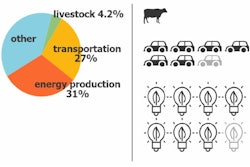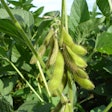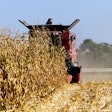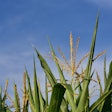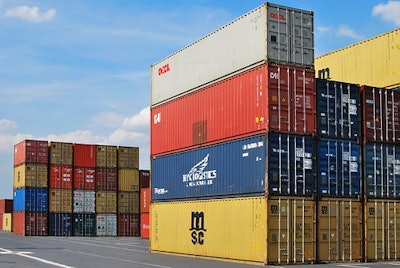
Policymakers in Washington are ending the year with a blitz of activity on trade and immigration reform, setting up significant milestones for the U.S. economy, rural economy and the agricultural sector in 2020, according to the latest Quarterly Rural Economic Review from CoBank’s Knowledge Exchange division.
“The fourth quarter is certainly ending with much more optimism on trade and the economy compared to how it began,” said Dan Kowalski, vice president of CoBank’s Knowledge Exchange division. “Resolution on the USMCA deal, in particular, will deliver a collective sigh of relief for many businesses across North America.”
The year will start with a limited U.S.-China trade deal and ratification of USMCA. Immigration reform has also cleared the House and has the potential to become law in Q1 2020. The preliminary “phase one” trade deal with China will likely add some level of certainty to businesses that are looking to invest. Specific details of the deal remain unclear, but the biggest winners from the limited agreement are expected to be the grain, animal protein and dairy sectors.
Volatile weather, trade tensions, and a strong U.S. dollar were the key themes impacting U.S. grain and oilseed exports and production in the fourth quarter. Corn and soybean prices weakened while wheat prices rose as USDA’s resurvey of certain spring wheat crops led to a downward revision in production.
A challenging fall harvest in the heartland and slow grain exports will give way to increased plantings for corn and soybeans in 2020. Optimism over the phase one China deal should benefit producers, input suppliers, and exporters alike.
The ethanol complex experienced significant volatility in the fourth quarter. Higher gasoline prices led to improved margins in November before profitability fell to multi-month lows in December. December will be the 16th consecutive month of negative margins for the industry.
The U.S. cattle and beef sector managed through what was a volatile third quarter primarily driven by a fire at the Tyson Foods plant in Holcomb, Kansas. Despite the large disruption in fed cattle capacity, other plants managed to make up for the lost capacity. The outlook for the cattle and beef sector is bright for 2020 with strong domestic and international demand coupled with minimal supply growth.
Pork production growth is expected to continue throughout the fourth quarter and most likely through 2020. With today’s hog futures reflecting good margins for hog producers, the expectation is for continued growth next year. Production is forecast to increase between 4% and 4.5% for 2019 and between 3% and 4% for 2020.
The full Quarterly Rural Economic Review is available on cobank.com. Each CoBank quarterly economic review provides updates and an outlook for the Global and U.S. Economic Environment; U.S. Agricultural Markets; Grains, Biofuels and Farm Supply; Animal Protein; Dairy; Other Crops; Specialty Crops and Rural Infrastructure Industries.





